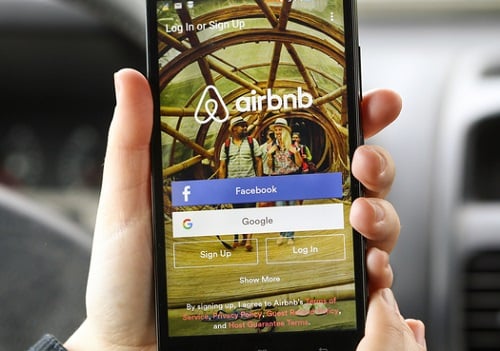As most brokers already know, fixing a mortgage for an Airbnb property is a tall order, but it can be done

As most brokers already know, fixing a mortgage for an Airbnb property is a tall order, but it can be done.
“Airbnb short-term rentals face a higher level of scrutiny by lenders than typical one-year lease agreement renters,” said Laura Martin, COO of Matrix Mortgage Global and director of Private Lending Hub. “Brokers can expect B lenders and institutional lenders to lend on a typical one-to-four unit rental property based on the rent roll and lease agreements. Lenders will typically use 50% to 100% of the rental income towards the income qualification and go up to about 70% loan-to-value.”
If relying heavily on rental income to carry the loan, private channel lenders are prospective Airbnb hosts’ best bets.
“The lender will ask for confirmation of deposits, as opposed to lease agreements,” said Martin.
Airbnb rental properties are even more difficult to secure funds for than student housing because of elevated risk.
“The asset could become damaged, given the revolving door of short-term tenants,” continued Martin. “One quiet professional that rents for 10 days could be followed by a rock band that trashes the place next weekend. When you have so many people going in and out, it’s going to make lenders nervous.”
In fact, if the borrower has multiple properties, lenders will scrutinous.
“Brokers should get their clients used to the idea of cross-collateralizing their properties for added security.”
Kim Gibbons, a Mortgage Intelligence broker based in downtown Toronto, notes that some A lenders provide funds for Airbnbs, but they’re few and far between.
“The only way some lenders will take a short-term rental is if I could provide a two-year average of short-term rental income,” she said. “Lenders like to see a long-term lease in order to underwrite it traditionally, but for Airbnbs income has to be consistent year-over-year and not every lender will do that. Only a handful will consider it.”
One reason for banks’ reticence in lending on Airbnbs is the fear that they could devolve into rooming houses, says Joe Sammut.
“I believe the reason they’re somewhat reluctant to use Airbnbs is because individual rooms could be rented out and then they’d essentially be running a rooming house, and banks have frowned upon that for many, many years,” said Sammut. “They’re trying to avoid people using rooming houses and renting by the hour and by the night.”
As usual, that leaves the private channel to eat up share of the market.
“Max loan-to-value is likely 60-65%,” said Martin. “I would skip the B lenders altogether and go private.”



